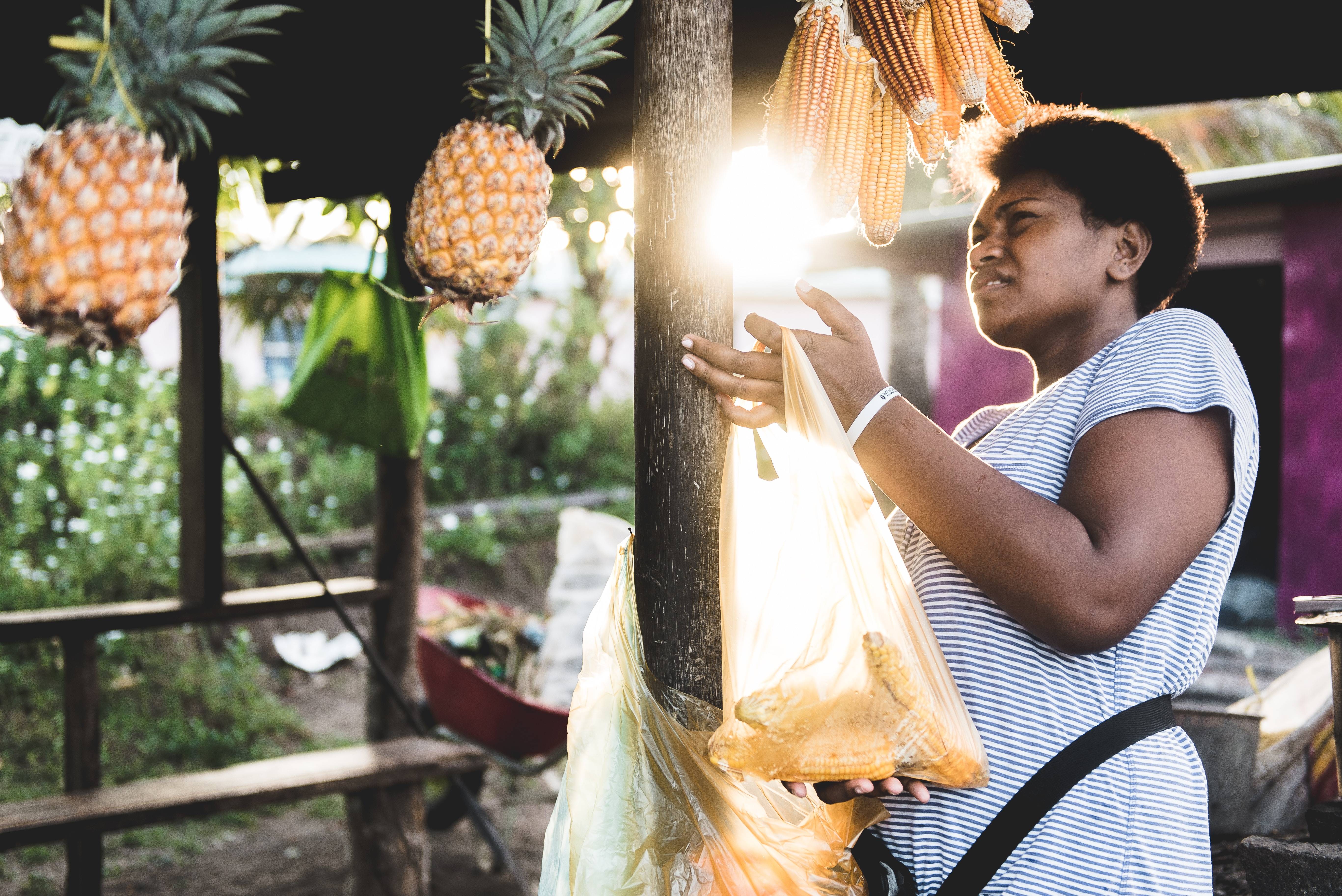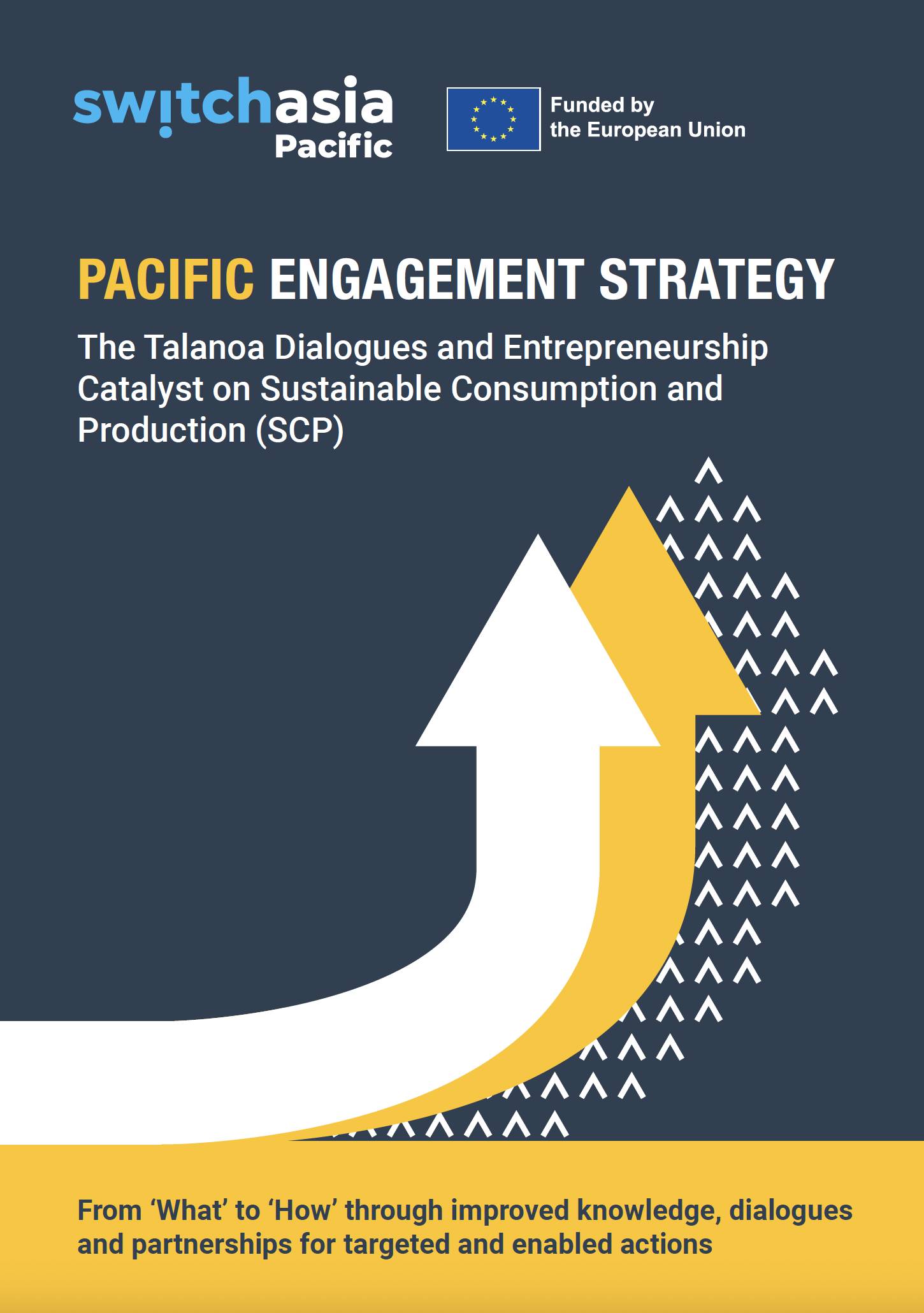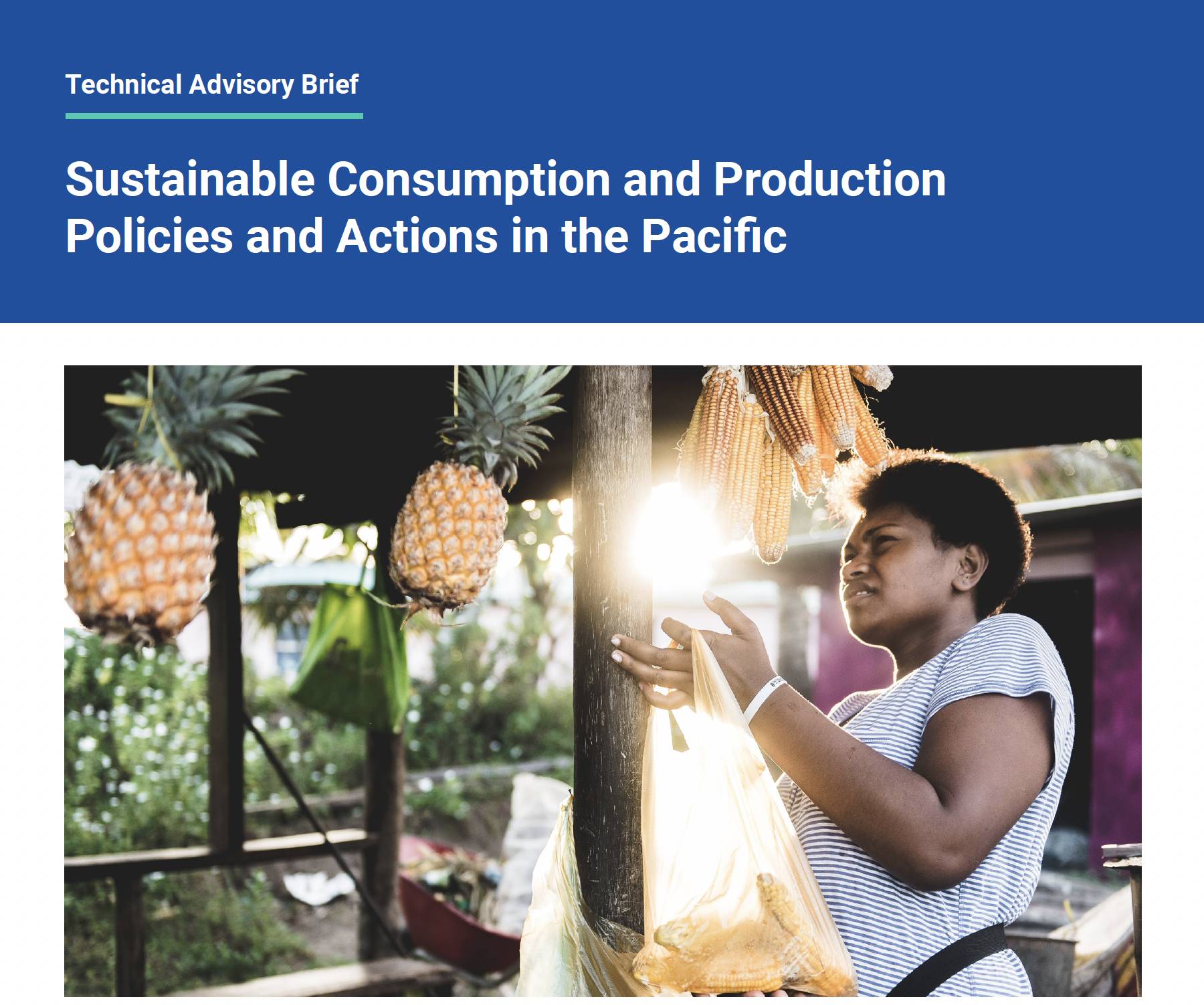
Locations: Pacific region (Completed)
Themes: Sustainable Food Systems, Waste Management/ Plastics, Tourism
The Challenge
The Pacific Island Countries (PICs) face significant challenges in achieving sustainable consumption and production (SCP) practices, considering their dependence on natural resources for economic development, which makes resource management and efficiency an issue of critical importance. Increasing population pressures and resources not managed responsibly and efficiently in the PICs result in negative impacts on the environment and people's well-being, harming local ecosystems, depleting valuable resources, and affecting the health of communities. Moreover, the region's vulnerability to climate change further exacerbates these challenges. Finding ways to balance economic growth and resource use while minimizing harm to the environment and promoting the well-being of residents is a complex task. Developing strategies for SCP that are tailored to the unique context of the Pacific region requires addressing issues of resource management, waste minimisation, and community engagement. Overcoming these challenges is essential to ensure a healthier future for both the environment and the people in the Pacific.
The SIDS Accelerated Modalities of Action (S.A.M.O.A) Pathway adopted by Pacific Island Countries (PICs) in 2014 recognised the importance of changing unsustainable practices and promoting sustainable consumption and production as one of the overarching objectives and essential requirements of sustainable development. It acknowledged the need to strengthen cooperation and support from the international community in supporting their sustainable development efforts.
The SWITCH-Asia Programme has been extended to the fifteen countries in the Pacific region for future intervention, where regional and multi-country technical advisory support will be provided through the Policy Support Component (PSC), based on the needs of the countries. SWITCH-Asia PSC will develop an engagement strategy involving selected actors from countries through multi-stakeholder consultations to come up with relevant interventions toward strengthening SCP uptake in the region, in support to circular economy and climate challenges.
Objectives
- Facilitate arriving at a shared understand of the SCP context and needs of the Pacific region;
- Facilitate development of relations with key SCP stakeholders in the Pacific;
- Develop engagement strategies in the Pacific countries and facilitate their collaboration with countries in other regions, including defining types of SCP activities that could be implemented in the upcoming years.
Way Forward
- Enhance understanding of SCP context and facilitate relations with SCP stakeholders in the Pacific region;
- Launch the SWITCH-Asia programme in the Pacific and hold consultations with prospective partner organisations in the region;
- Organise thematic Multi-Stakeholder Consultations (MSCs) / workshops for the Pacific region;
- Provide inputs into ideas for potential interventions throughout the SWITCH-Asia Policy Support Component;
- Develop and publish knowledge and communication products that will contribute to raising awareness and strengthening knowledge on SCP relevant thematic issues in the region.




